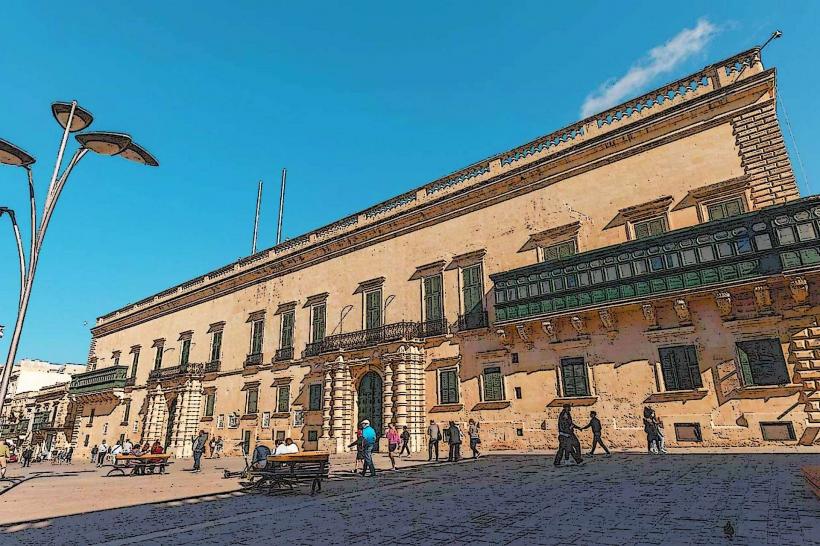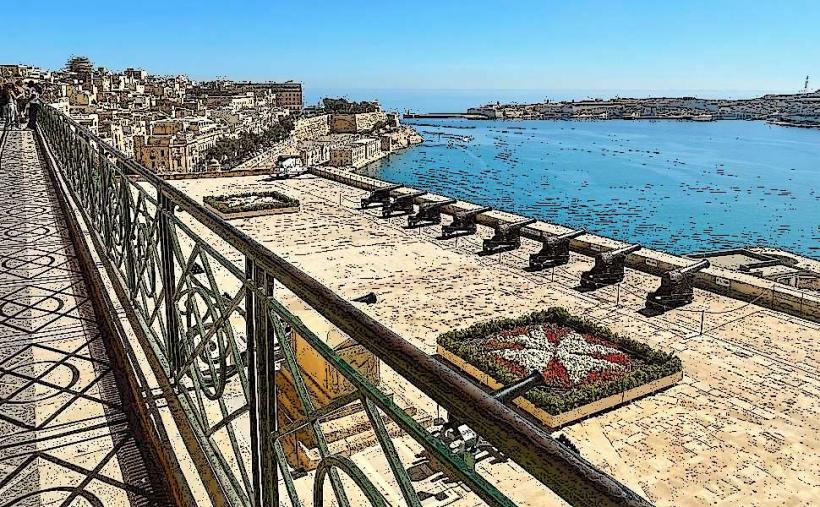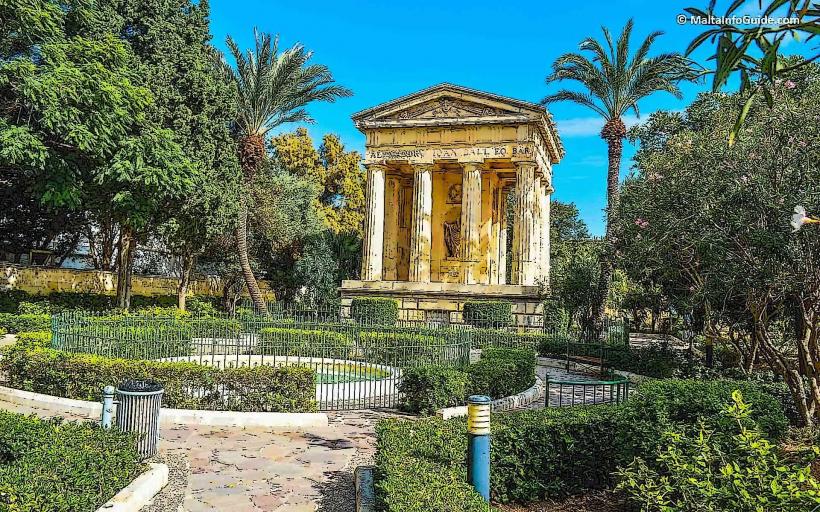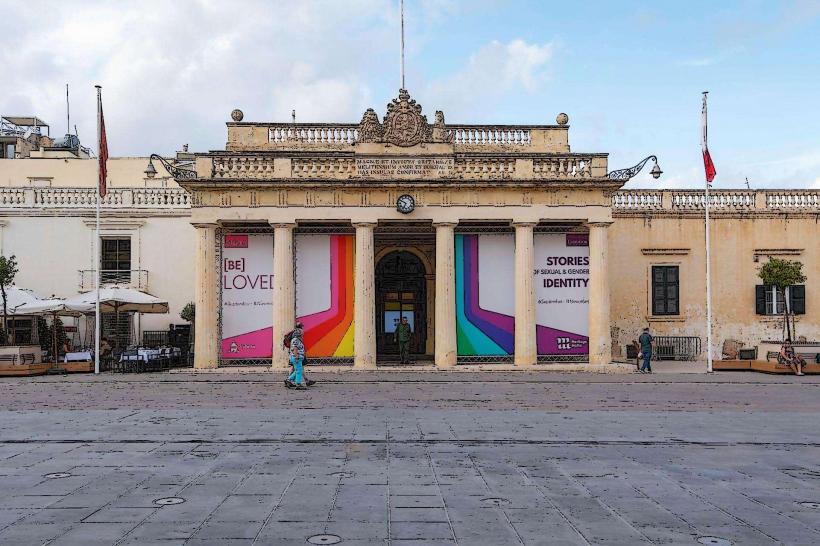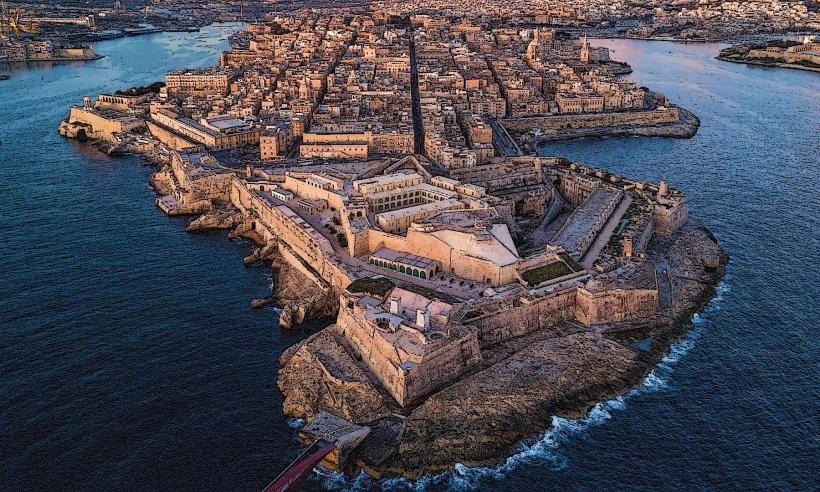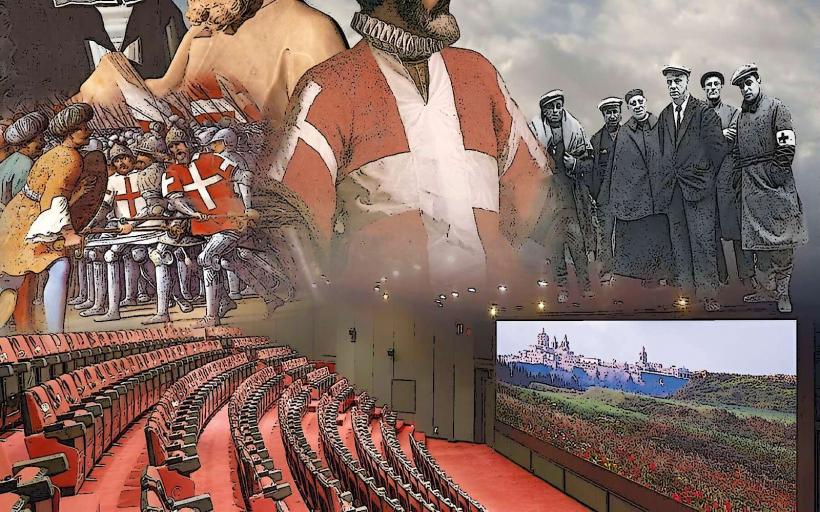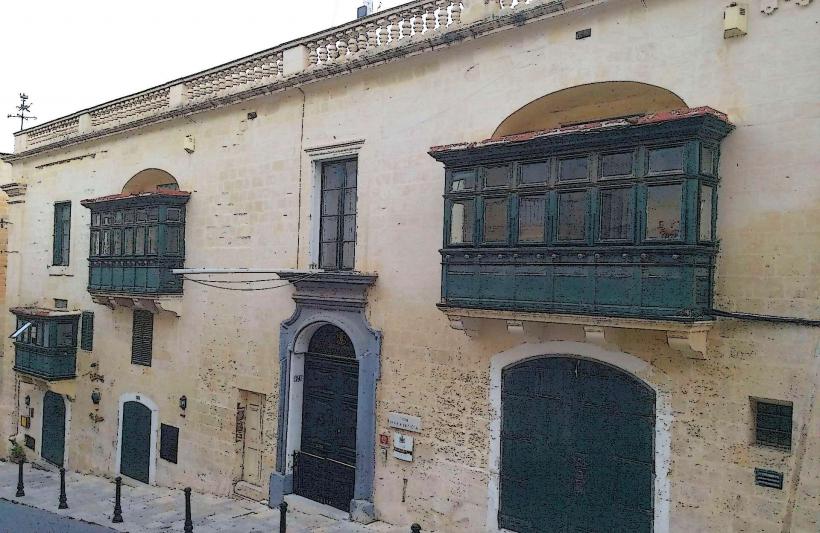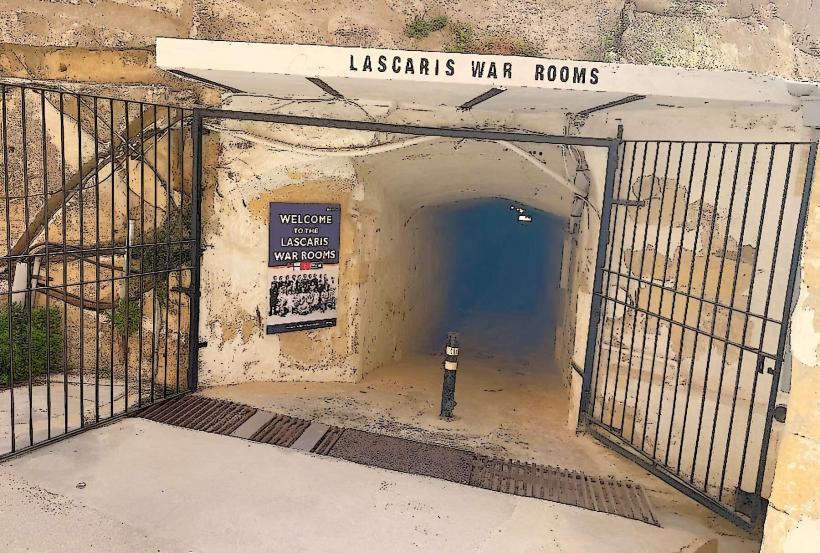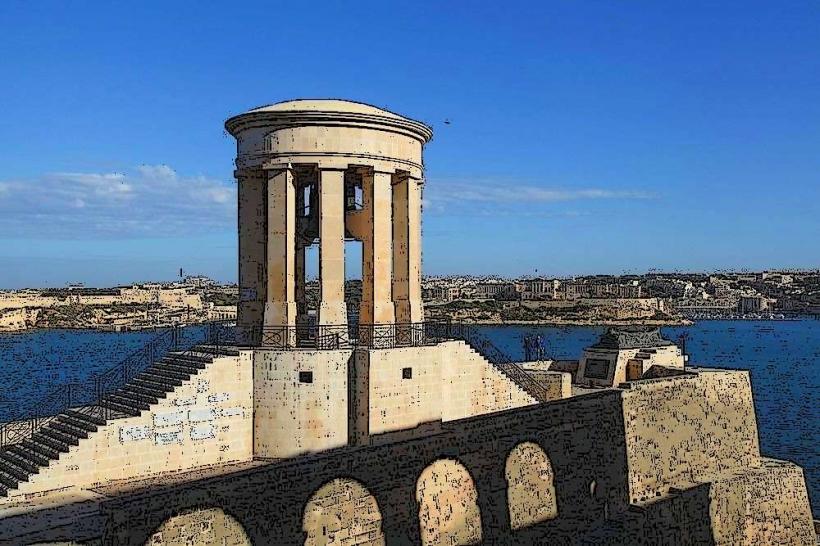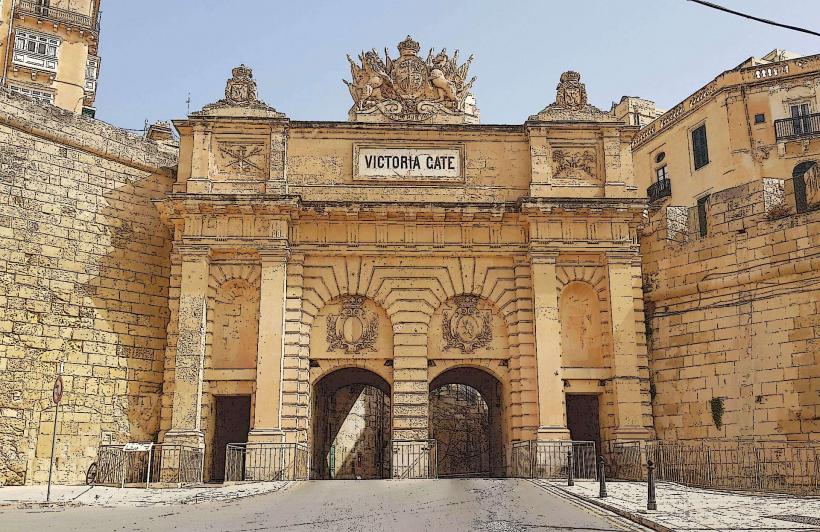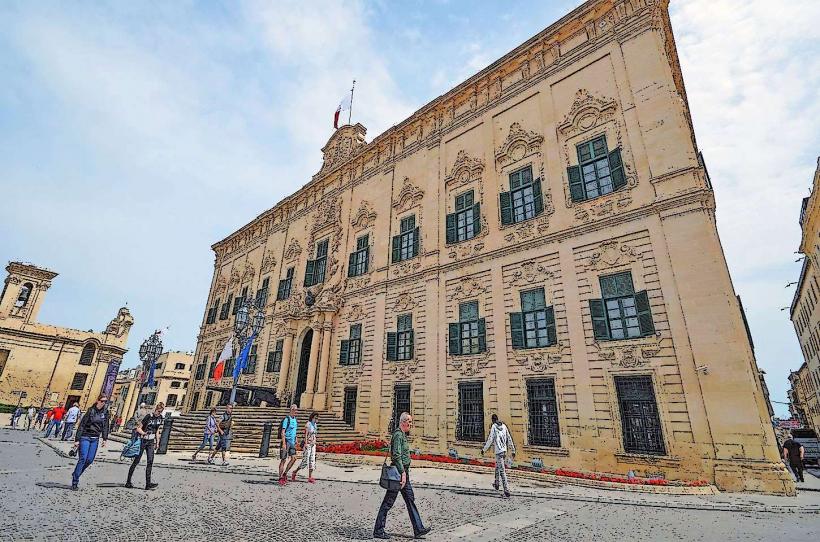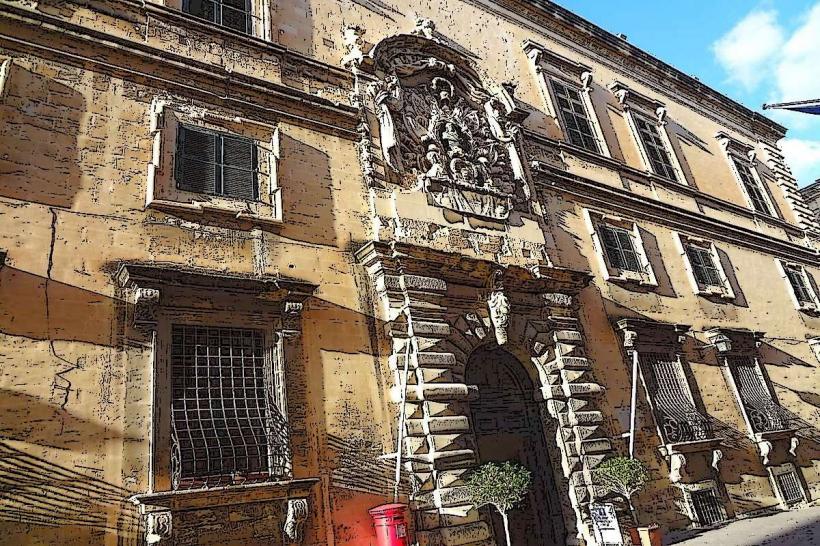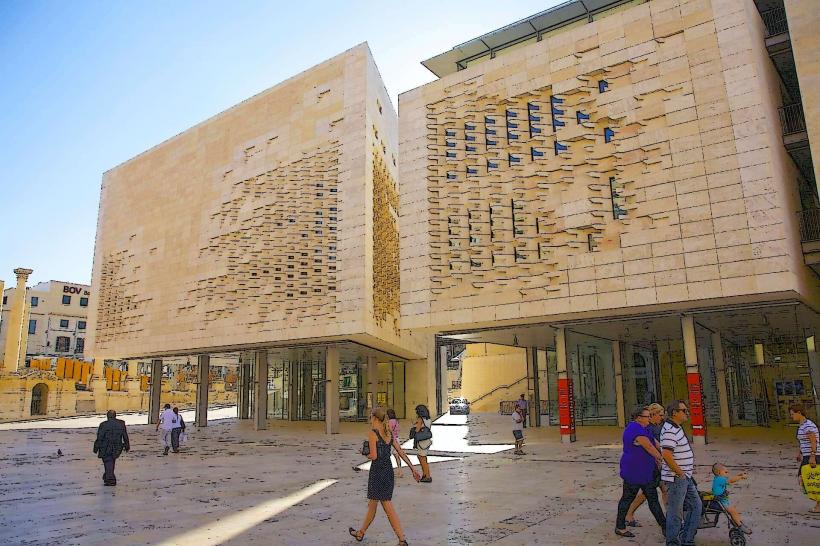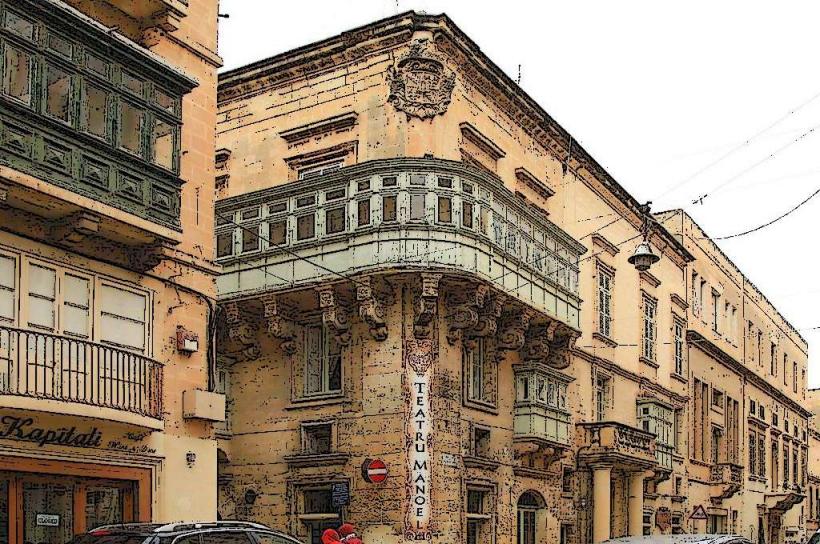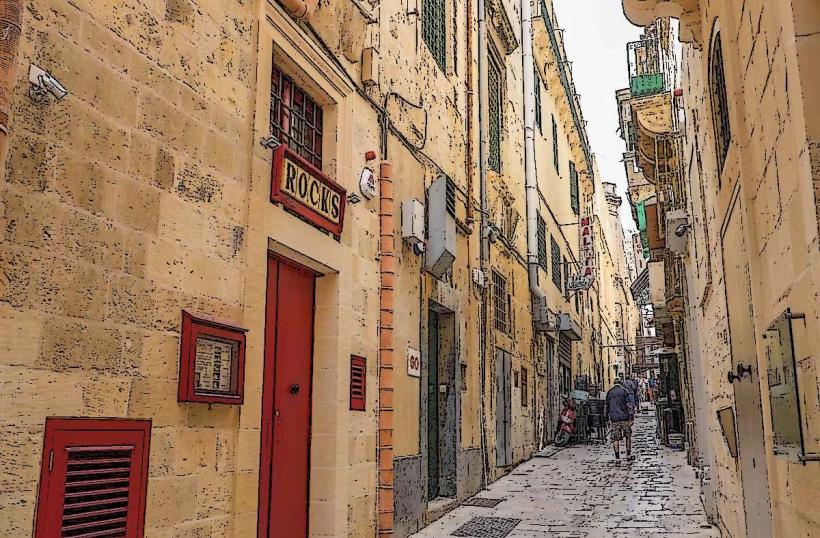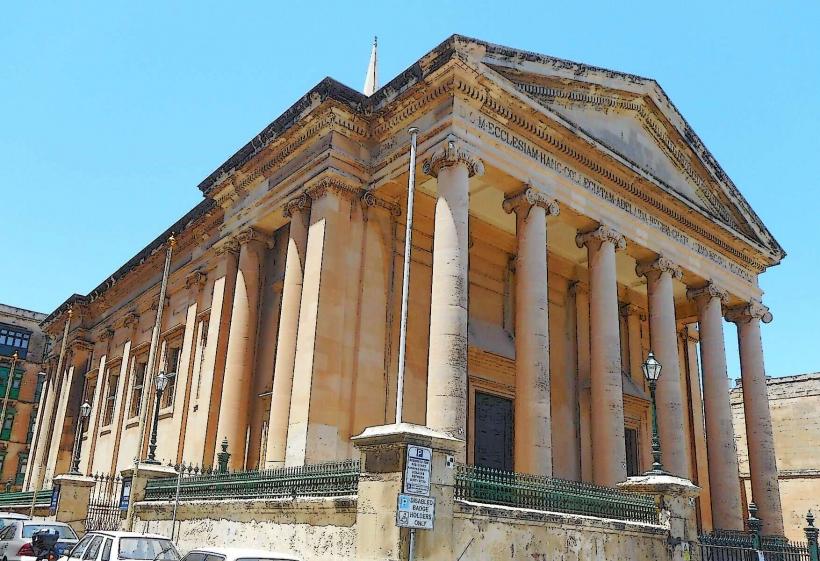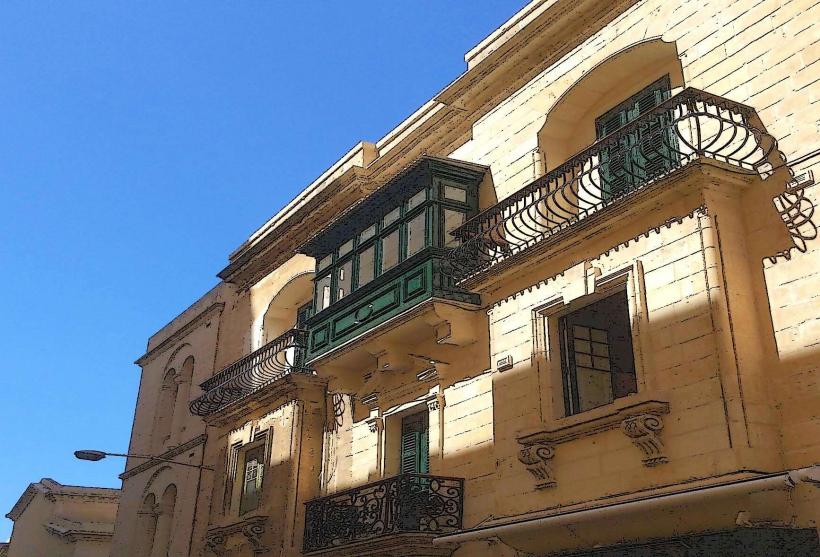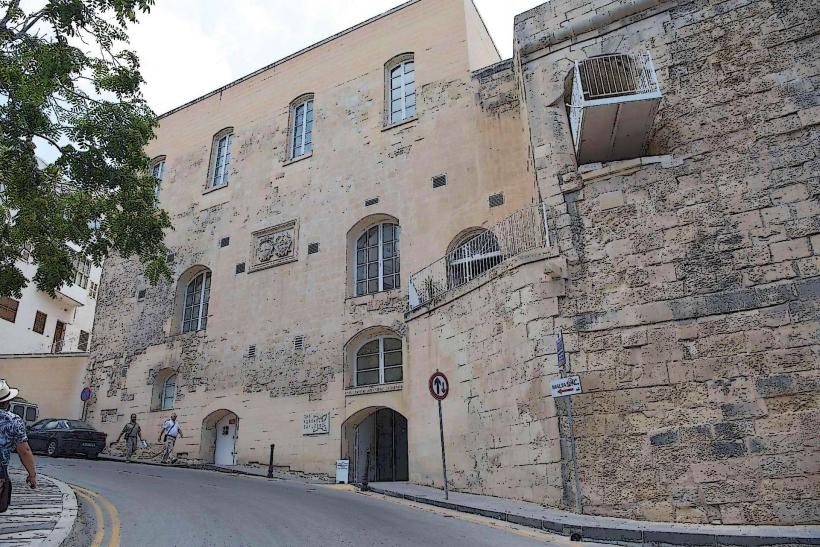Information
Landmark: Triton FountainCity: Valletta
Country: Malta
Continent: Europe
The Triton Fountain is one of the most iconic landmarks in Valletta, Malta, located at the entrance to the city, near the City Gate. This grand fountain is not only a key feature of the city's landscape but also an important symbol of Malta's artistic and architectural heritage. Here's a detailed look at the Triton Fountain:
Historical Context and Significance
Construction:
- The Triton Fountain was designed by the Italian sculptor Antonio Sciortino and completed in 1959. It was part of a larger project to revitalize Valletta in the mid-20th century. The fountain was erected in a prominent location, just outside the City Gate, as part of efforts to enhance the entrance to Malta’s capital.
- The fountain was created to honor Malta's maritime history and the mythological figures that have been central to the island's artistic and cultural legacy.
Mythological Symbolism:
- The fountain features three giant Tritons, mythological sea gods from Greek mythology, who are depicted holding large fish tails and blowing water from conch shells. In Greek mythology, Tritons were the sons of Poseidon, the god of the sea. They were often portrayed as human in the upper body with the tail of a fish.
- The fountain’s design reflects Malta’s close relationship with the Mediterranean Sea and highlights the importance of sea trade, naval history, and marine life in the island's history.
Relevance to Valletta’s Architecture:
- The Triton Fountain is positioned just outside Valletta’s City Gate, a key landmark of the city. The fountain serves as a welcoming feature for visitors entering Valletta, drawing attention to the city’s rich cultural and historical importance.
- The Triton Fountain is a crucial part of the Grand Entrance to Valletta, and its placement at the foot of the city’s gates ensures it stands as a prominent feature for both locals and tourists.
Design and Features
Sculptural Grouping:
- The three Tritons are the focal point of the fountain, each one towering over visitors and crafted with realistic detail. The figures are muscular, showcasing the artist’s attention to anatomy and strength.
- The Tritons’ bodies are adorned with fish tails, which curl and twist in a way that brings a sense of movement to the sculpture. Their conch shells, which they are shown blowing into, are another key feature of the fountain’s design, evoking the sounds of the sea.
- The figures of the Tritons themselves are bronze, giving the sculpture a majestic and ancient quality, while the water cascading from them creates a sense of dynamic flow.
Water Features:
- Water flows from the Tritons’ conch shells into a large circular basin, and the water is pumped up into the air to create a dramatic effect. The sound of flowing water adds an element of tranquility and grandeur to the area.
- The central basin is adorned with intricate carvings and stylized waves, reinforcing the sea and maritime themes.
Restoration and Renovation:
- Over the years, the Triton Fountain underwent several restorations to preserve its aesthetic and structural integrity. One of the most significant was in the early 2000s, when the fountain was restored to its original splendor.
- In recent years, the fountain has also been updated with modern lighting to enhance its appearance at night, creating a stunning visual spectacle for both visitors and locals.
Cultural and Social Importance
Symbol of Malta’s Maritime Heritage:
- The Triton Fountain symbolizes Malta’s deep connection to the sea and its longstanding maritime traditions. The island has always been a key naval hub in the Mediterranean, and the fountain celebrates the cultural significance of the sea in shaping Malta's history.
- It also serves as a reminder of the island's role in ancient maritime civilizations and the broader Mediterranean world.
Tourist Attraction:
- As one of Valletta’s most recognized landmarks, the Triton Fountain is an important point of interest for visitors to the city. Tourists often stop by to admire its striking design and the views it offers as a grand introduction to Valletta.
- It also marks the beginning of the Republic Street pedestrian area, leading visitors further into Valletta's historic center.
Local Identity:
- The Triton Fountain is an iconic feature for locals, providing a sense of pride and cultural identity. It’s a gathering spot for both residents and tourists, and its prominence in the city is often associated with important national events and celebrations.
Restoration and Modernization Efforts
- Over time, the fountain has been subject to various restorations and renovations to preserve its structure and aesthetic value. The most recent major restoration was completed in 2015, which focused on preserving the sculpture and cleaning the limestone to maintain its original grandeur.
- The project also included a new lighting system that enhances the fountain's beauty at night, providing a mesmerizing effect as the water flows beneath strategically placed lights.
Why Visit the Triton Fountain?
- Architectural Beauty: The Triton Fountain is a perfect blend of mythological art and modern sculpture, creating an aesthetic masterpiece that draws people from all over the world.
- Historical Significance: It stands at the entrance to Valletta, marking the entrance to the UNESCO-listed city, and offers visitors a glimpse into the city’s rich maritime history and Greek mythology.
- Stunning Visual Experience: With its grand size, intricate details, and impressive water features, the Triton Fountain offers a memorable visual and auditory experience.
- Iconic City Landmark: As a symbol of Malta’s national identity, the fountain is a central feature of Valletta, making it an essential stop for any tour of the city.
Nearby Attractions
- Valletta City Gate: Just next to the fountain, this grand entrance to Valletta is an architectural marvel, marking the entry to the heart of the city.
- Republic Street: The fountain is situated at the beginning of Republic Street, a key pedestrian thoroughfare that leads visitors to some of Valletta’s most important landmarks, such as St. John’s Co-Cathedral and the Auberge de Castille.
- Upper Barracca Gardens: A short walk away, offering beautiful views of the Grand Harbour.
- Fort St. Elmo: Close to the fountain, this historic fort offers insight into Malta’s military history and breathtaking views.
The Triton Fountain is not only an architectural and artistic marvel but also an integral part of Valletta’s identity, blending mythological themes with the island's maritime heritage.


